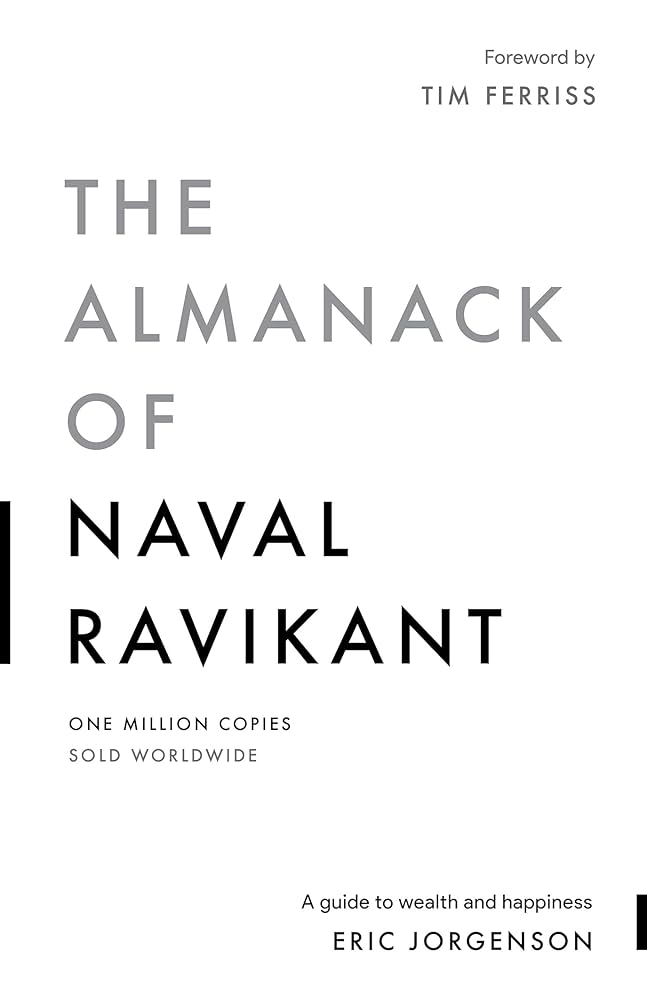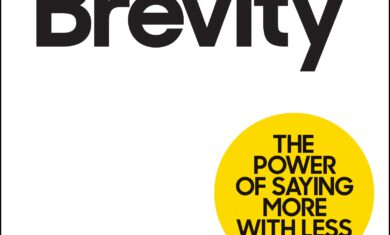Earlier this year I shared how I love when people have the ability to have a good day. It’s not that every day is good, but that they can see the good when it arrives.
It’s a great ability to have, and it’s one that you can control. There’s the simple idea of just working to always “see the good”, but there are also bigger things you can do to help shape your life to have that perspective.
In “The Almanack of Naval Ravikant“, they share these words from Naval about building the skill of happiness:
“How does someone build the skill of happiness? You can build good habits. Not drinking alcohol will keep your mood more stable. Not eating sugar will keep your mood more stable. Not going on Facebook, Snapchat, or Twitter will keep your mood more stable. Playing video games will make you happier in the short run—and I used to be an avid gamer—but in the long run, it could ruin your happiness. You’re being fed dopamine and having dopamine withdrawn from you in these little uncontrollable ways. Caffeine is another one where you trade long term for the short term.”
While I already abstain from many things on there, it’s certainly not all of them. Is it worth trying to knock out a few more? I tend to think so.
It reminds of some of the values of Charlie Munger, ironically from a different Almanack (“Poor Charlie’s Almanack“), where it shares:
“The quotes, talks, and speeches presented here are rooted in the old-fashioned Midwestern values for which Charlie has become known: lifelong learning, intellectual curiosity, sobriety, avoidance of envy and resentment, reliability, learning from the mistakes of others, perseverance, objectivity, willingness to test one’s own beliefs, and many more.”
I don’t think it’s a mistake that some of the most successful humans of all time, including Ravikant and Munger, are also very careful about how they treat themselves and others around them.
The lessons from both of these men will help you to be happier, more successful, and likely live longer. Seems like pretty good traits to emulate.




